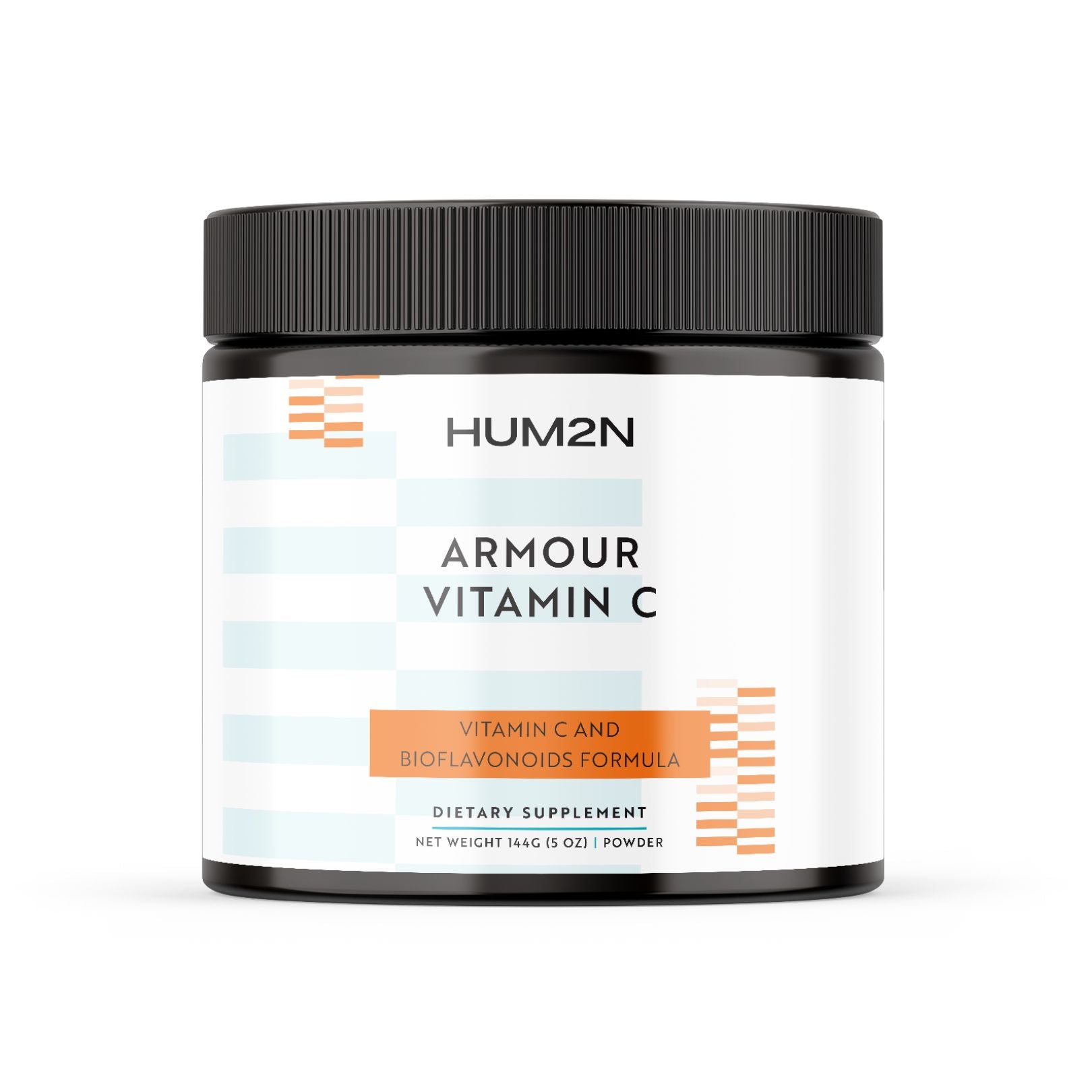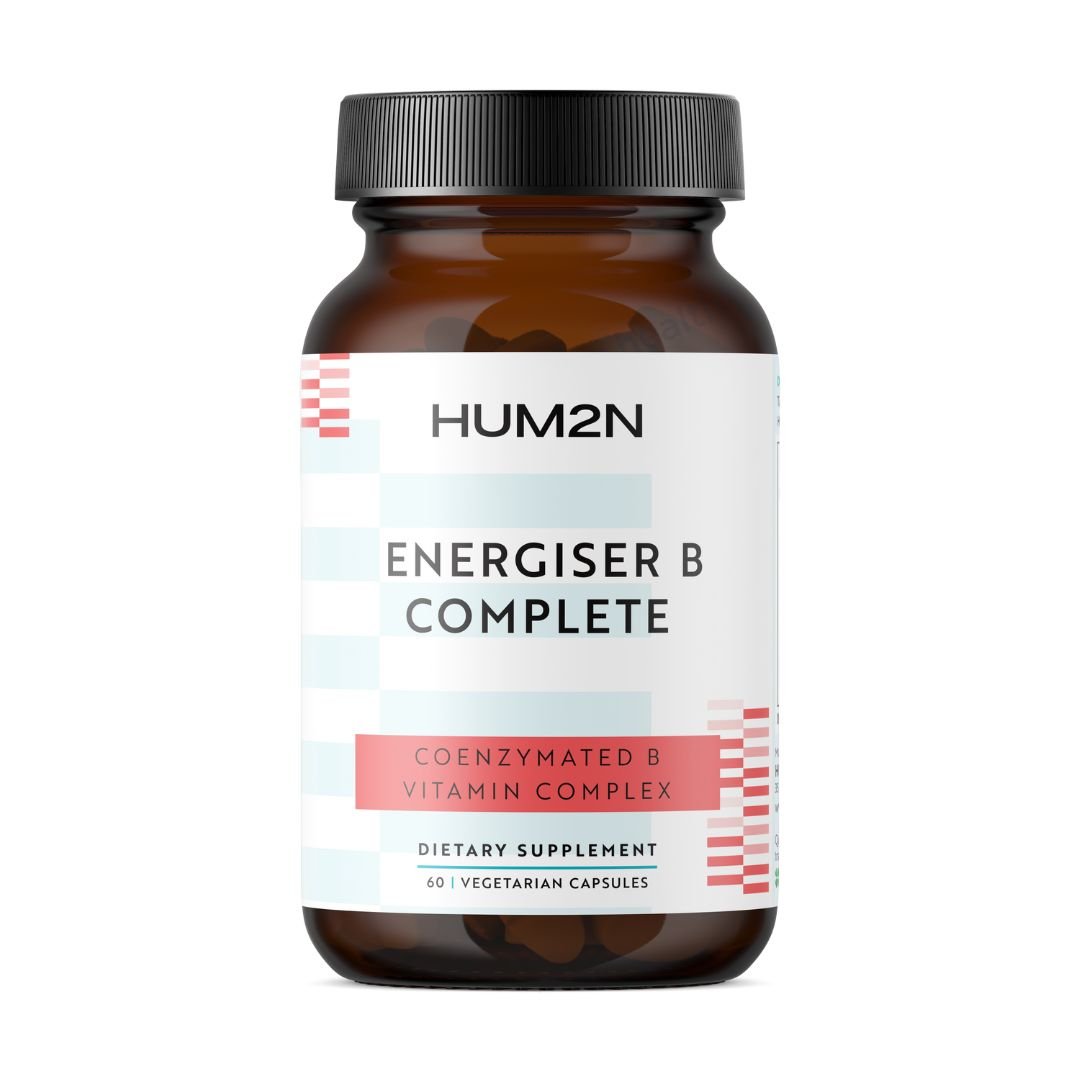From infancy through to old age, gut microbiota plays a critical role in our health and immunity1 Gut microbiota represents the largest concentration of microorganisms in the human body2, with shifts in its composition associated with ill health.
In this article we explore whether feeding your gut microbiota should be the top priority when it comes to nutrition? And if so, what strategies can you use to optimise your diet for a healthy gut? Read on to find out.
The optimisation of the gut and immunity starts with the first nutrition we receive as babies – breastmilk. Breastmilk contains its own live microbiota which helps colonise the baby’s gut, as well as containing complex sugars which selectively feed beneficial microorganisms 3,4. A healthy gut microbiota not only protects us from pathogens by inhibiting their growth (physically and biochemically), it also trains our immune system to have efficient responses to pathogens1. The benefits of having a healthy gut are lifelong, so as far as relationships go, the mutualistic relationship with your gut microbes is the one you really want to nurture.
In this article, we will discuss why having a healthy gut is important to your immunity, and delve into how nutrition can help you achieve good health.
How Does Nutrition Affect Our Gut Health & Immune System?
We know that long-term and short-term eating patterns have a significant impact on our gut makeup. We now know that the Western diet causes dysbiosis (a change in the microbiota linked to disease) in both animal models and human research. In response to bad diets, not only does the diversity and dominance of microorganisms change, but some microbes also modify their metabolism. In the presence of some emulsifiers, for example, some microbiome members enhance their production of virulence factors, enhancing the microbiome's pro-inflammatory activity6.
On the other hand, diets high in dietary fibre, such as the Mediterranean diet, are linked to a number of health benefits, including a lower risk of cardiovascular disease, type 2 diabetes, blood pressure, and LDL cholesterol (and some cancers). There are a variety of reasons for this, one of which being the fostering of gut a diverse microbiota, dominated by beneficial microorganisms6.
What Are The Mechanisms Behind This?
Our bodies are very complex, and so the answers are never clear but, especially in the field of gut research, which is still in its infancy. However, inflammation is a good place to start. The organisms in our gut are in constant “chatter” with our own cells via signalling molecules. Dietary components are converted into metabolites by the gut microbiota, such as short-chain fatty acids (SCFA) which are derived from the fermentation of dietary fibre7.
One SCFA in particular, butyrate, has an important immuno-modulatory function; which means, it can promote the production of antimicrobial peptides. It also has a system-wide anti-inflammatory function by up-regulating anti-inflammatory signalling molecules and down-regulating pro-inflammatory ones. This is extremely important because chronic-inflammation is seen in numerous disease states, from depression and Alzheimer’s to cancer and cardiovascular disease8.
Conclusion
We know that our diet is extremely important to our health and one of the reasons is its effect on the gut microbiota composition. Our diet provides nutrition for us but also the organisms that live inside. is generally accepted that diets that are balanced and rich in whole foods nurture a healthy and diverse microbiota, which “as a thank you” produces metabolites that promote good health.
As well as following a healthy diet, taking probiotics (live bacteria) is a good strategy; several intervention studies have found probiotics to improve the gut microflora and protect against opportunistic pathogens like Clostridium difficile in vulnerable people9.
Prebiotics are another great way to optimise your gut health. Prebiotics are complex carbohydrates that pass undigested into the gut. By meeting the needs of beneficial bacteria, prebiotics selectively promote symbiosis (a microbial composition that brings beneficial physiological effect on the host)9.
The HUM2N Approach
By working with a HUM2N health coach, you can reviewing the journey of food throughout your body, helping you to understand that the gut is a complex system where many things can contribute to inflammation and poor function. In addition, our testing approach is the first of its kind, and by using laboratory tests like food sensitivity testing and comprehensive stool analysis, we work to create a personalised and effective plan to reverse damage and support gut function. Helping you on your journey to SUPERHUM2N health.
REFERENCES
[1] Bosco, N., Noti, M. The aging gut microbiome and its impact on host immunity. Genes Immun (2021). https://doi.org/10.1038/s41435-021-00126-8
[2] Zapata, H.J. and Quagliarello, V.J. 2015. The microbiota and microbiome in aging: potential implications in health and age-related diseases. Journal of the American Geriatrics Society. 63(4), pp.776-781.
[3] Bode, L. 2012. Human milk oligosaccharides: every baby needs a sugar mama. 22(9), pp.1147-1162.
[4] Dogra, S., Sakwinska, O., Soh, S.-E., Ngom-Bru, C., Brück, W.M., Berger, B., Brüssow, H., Karnani, N., Lee, Y.S., Yap, F., Chong, Y.-S., Godfrey, K.M. and Holbrook, J.D. 2015. Rate of establishing the gut microbiota in infancy has consequences for future health. Gut microbes. 6(5), pp.321-325.
[5] Victora, C.G., Bahl, R., Barros, A.J.D., França, G.V.A., Horton, S., Krasevec, J., Murch, S., Sankar, M.J., Walker, N. and Rollins, N.C. 2016. Breastfeeding in the 21st century: epidemiology, mechanisms, and lifelong effect. The Lancet. 387(10017), pp.475-490.
[6] Tuohy, K.M., Fava, F. and Viola, R. 2014. ‘The way to a man’s heart is through his gut microbiota’ – dietary pro- and prebiotics for the management of cardiovascular risk. Proceedings of the Nutrition Society. 73(2), pp.172-185.
[7] González Olmo BM, Butler MJ, Barrientos RM. Evolution of the Human Diet and Its Impact on Gut Microbiota, Immune Responses, and Brain Health. Nutrients. 2021; 13(1):196. https://doi.org/10.3390/nu13010196
[8] Martin-Gallausiaux, C., Marinelli, L., Blottière, H., Larraufie, P., & Lapaque, N. (2021). SCFA: Mechanisms and functional importance in the gut. Proceedings of the Nutrition Society, 80(1), 37-49. doi:10.1017/S0029665120006916
[9] Sanders, M.E., Merenstein, D.J., Reid, G. et al. Probiotics and prebiotics in intestinal health and disease: from biology to the clinic. Nat Rev Gastroenterol Hepatol 16, 605–616 (2019). https://doi.org/10.1038/s41575-019-0173-3.







